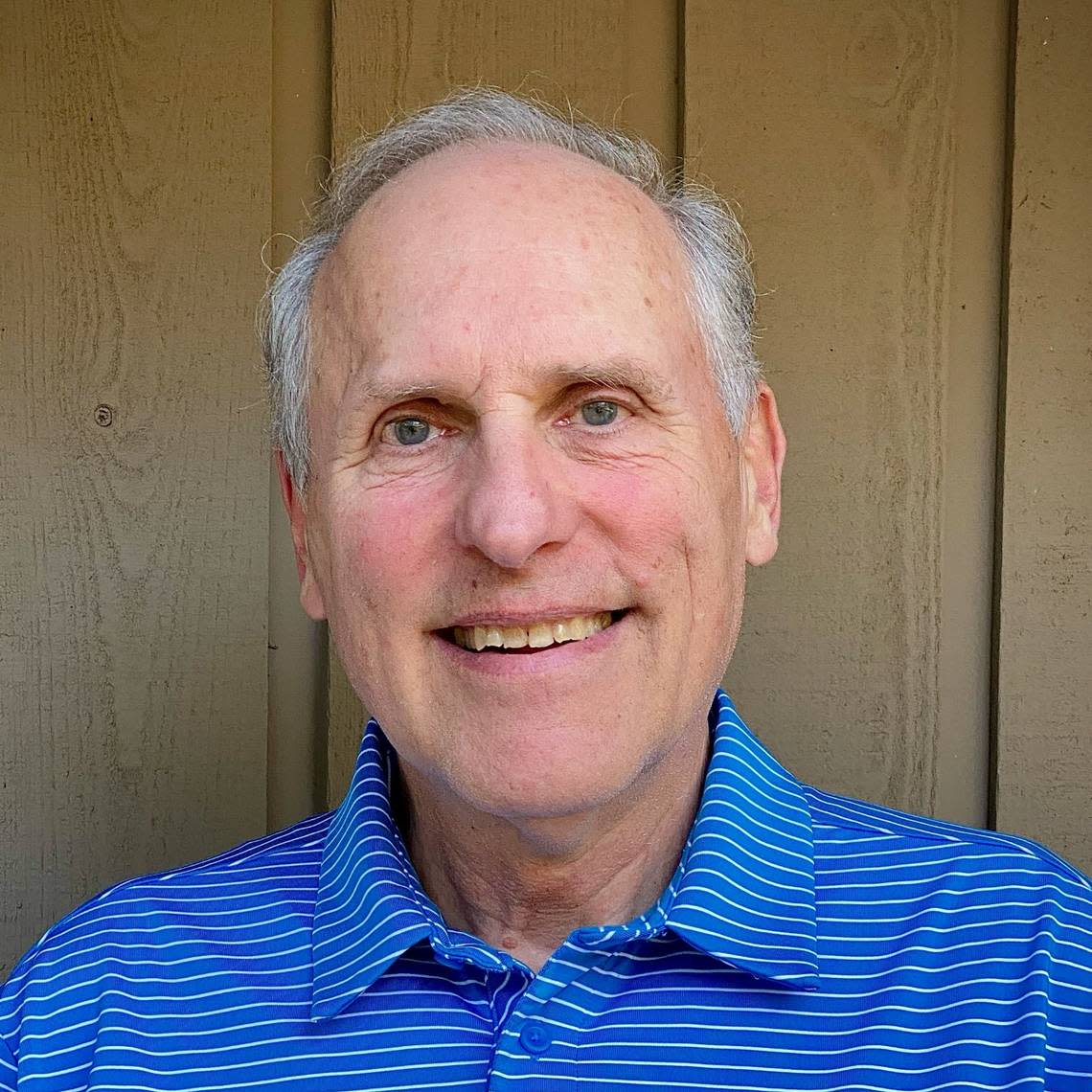What’s the future of Hilton Head Island? You might be surprised | Opinion
A gentleman asked me the other day, “What’s the future of Hilton Head Island? What will it be like in 20 or 30 years?”
My immediate thought was to tell him if I could predict the future, I would have blown this Popsicle stand years ago. I’d be in the mountains, swaying to bluegrass music and lighting cigars with $100 bills from S.C. Education Lottery winnings.
But it’s a good question. And it has a good answer. And it may be surprising. For a decent future, capitalize on the past. Know it, appreciate it, revere it, copy it, enforce it. Know what made our founders tick.

The Gullah people prized the island’s natural resources that sustained them. They doggedly focused their meager means on churches, schools and land ownership. The newcomers who began fashioning a much different community around 1950 brought with them many of the same values.
I can see them all as I look into the crystal ball. They’re saying:
Save our trees. Islanders marched down Pope Avenue in the early 1980s demanding that the new Town of Hilton Head Island to quit “dilly dallying” and enact a strict tree-protection ordinance. Protect what it takes 50 years to grow. As a result, the island has a Walmart Supercenter that cannot be seen from the parking lot, much less the road.
The day that Hilton Head relaxes it tree standards, and its demand for natural buffers along roadways and between lots, is the day the island sells its soul.
Control growth. Especially upward growth. Prohibit high-rises, or anything resembling a high-rise. After the 10-story oceanfront hotel in Palmetto Dunes opened in 1976, a “gentleman’s agreement” was reached between the major developers that henceforth nothing would go higher than the trees. Later, the town codified that agreement. That is the secret to a successful future. Homes and businesses were to blend in with nature, not overpower it.
Prize aesthetics. Hilton Head’s founders wrote that into deed covenants. Our values were set by land-use planners, including Hideo Sasaki, Robert Marvin, Ed Pinckney, Truitt Rabun, Perry Wood, Pearl Fraser, Mark Baker and others who taught us beauty is more than skin deep, it’s your very soul.
Some of our founders, including radio station owner and entrepreneur Jack Henry, established a beautification committee that landscaped the William Hilton Parkway median, all the way out to Moss Creek. When the Cross Island Parkway was built, the town negotiated a significant landscaping budget with the state.
Fight ugly. Our future is bright, if we can’t see it. Never change the restrictions on lighting and signs. Ugly signs are a cancer on America. The late Tim Doughtie fought against billboards and for sign laws long before there was a town government. The town later created an “overlay district” board to oversee aesthetic issues of design and color in signs and buildings along major thoroughfares. They told Cracker Barrel and Dunkin’ Donuts their prized branding wasn’t welcome here — and they listened.
Enhance recreation. Long before golf and tennis arrived, our founders had the Hilton Head Bluejays baseball team that produced two major leaguers, Dan Driessen and Gerald Perry. Nat White, Bill Driessen and Irvin Campbell made it happen. Maynard Barker created the Gators youth football program. Those who fought for what is now a nationally-recognized bike path system include Harold Sorensen, Charles Sampson and Frank Babel.
Protect the environment. Remember the victory over a BASF petrochemical plant planned for the Colleton River in 1969. But it has been much more than that, with voices of activists raised over many years by the likes of Beany Newhall, Nancy Cathcart, Orion Hack, Todd Ballantine, Ed Drane, Nanci Polk Weckhorst, Bill Marscher, Alva Cunningham, Betsy Jukofsky, Katie Callahan, Barry Lowes, Carl Wellard. They were writers and doers who explained nature to us, fashioned policy, protected turtle eggs — and set a high standard.
A mass choir warned and guided us. Now they show us the way to a bright future. Know that more is less, they are pleading. And dare to be different.
David Lauderdale may be reached at LauderdaleColumn@gmail.com.





